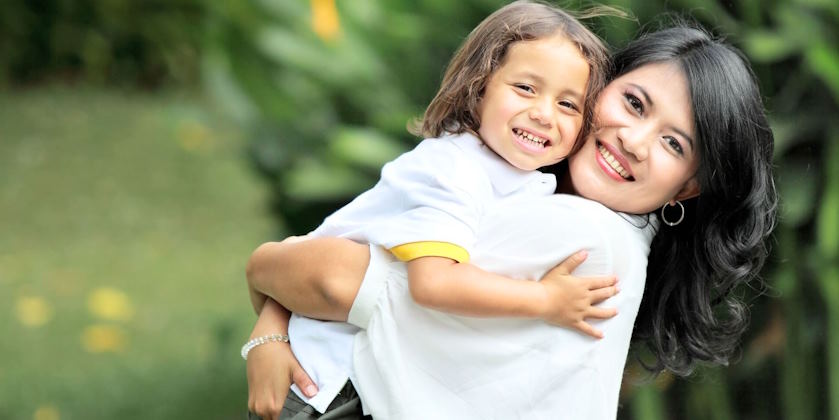Effective communication is crucial when it comes to parenting. Clear and open communication helps foster a strong parent-child bond, resolves conflicts and ensures everyone’s needs and emotions are understood and validated. However, parenting can present unique communication challenges due to the generation gap, differing perspectives, and the complexity of family dynamics. This article will explore helpful tips for navigating these challenges and enhancing communication within your family.
Active Listening and Empathy
Give Undivided Attention
When your child speaks to you, make a conscious effort to give them your full attention. Consider these practices:
- Maintain eye contact and put away distractions like phones or laptops.
- Show genuine interest by nodding, providing verbal cues, and actively engaging in the conversation.
Practice Empathetic Listening
Empathy plays a vital role in effective communication. Try the following techniques:
- Put yourself in your child’s shoes and try to understand their perspective.
- Reflect on their feelings and thoughts to show that you genuinely understand and care.
Setting Clear Expectations
Establish Open Channels of Communication
Creating an environment where open communication is encouraged is essential. Consider these strategies:
- Let your child know they can approach you with any topic or concern without fear of judgment or punishment.
- Regularly check in with your child to see their feelings and what’s happening in their lives.
Be Clear and Consistent with Boundaries
Establishing clear boundaries helps set expectations and ensures mutual understanding. Keep these tips in mind:
- Communicate rules and expectations, explaining the reasoning behind them.
- Consistently enforce boundaries and consequences to establish a sense of structure and accountability.
Conflict Resolution
Foster a Safe Space for Expression
Conflict is inevitable in any relationship, including parent-child dynamics. Create a safe space for conflict resolution by:
- Encouraging open expression of feelings and concerns without fear of judgment or retribution.
- Teaching your child healthy ways to express themselves, such as using “I” statements and active listening.
Practice Effective Problem-Solving
When conflicts arise, approach them as opportunities for growth and understanding. Consider these strategies:
- Listen to all perspectives and encourage everyone to contribute to finding a solution.
- Focus on finding compromises that satisfy everyone’s needs rather than seeking a “win-lose” outcome.
Effective communication is an essential skill for navigating the challenges of parenting. By actively listening, practicing empathy, setting clear expectations, and fostering conflict-resolution skills, you can enhance communication within your family. Remember, effective communication takes practice and patience, but the effort invested in creating strong communication channels will lead to stronger relationships and a healthier family dynamic.



